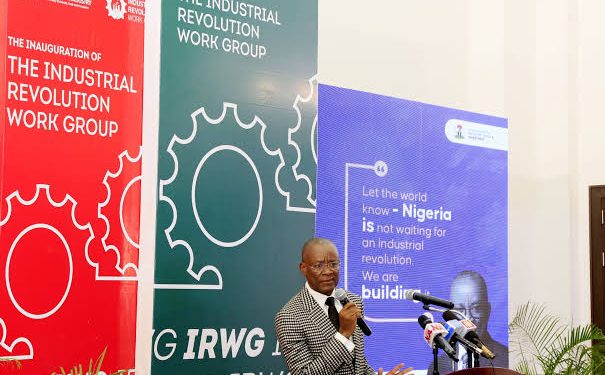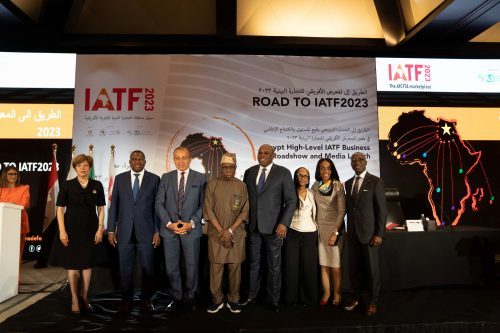The Federal Government has unveiled plans to establish key industrial hubs in Kano, Abia, Lagos, and Ogun States as part of a broader push toward nationwide industrialisation. This was announced by the Minister of State for Industry at the 16th National Council on Industry, Trade and Investment held in Lagos.
The minister described the initiative as a critical part of Nigeria’s economic transformation under the Industrial Revolution Work Group (IRWG), a multi-sectoral team he inaugurated earlier this year. Under the Renewed Hope Agenda, the government is preparing to roll out agro-processing centres in Kano, textile production clusters in Aba and Lagos, and a pharmaceutical manufacturing zone in Ogun.
According to his spokesperson, the projects will not only expand domestic manufacturing capacity but also reduce Nigeria’s dependence on imports. In Kano, agro-processing hubs will focus on converting cassava into ethanol and starch, with the potential to generate thousands of jobs. In Abia and Lagos, the textile clusters aim to re-establish both cities as regional leaders in garment production and exports. The pharmaceutical enclave in Ogun is expected to secure local medicine production and cut import reliance significantly.
The minister urged a departure from policy declarations with no follow-through, asserting that Nigeria is entering a new phase of full-scale industrialisation where every reform and investment must lead to tangible progress.
Addressing an audience of government officials, industry leaders, and development partners, he positioned the IRWG as a critical mechanism for tackling long-standing industrial challenges. Its mandate includes unlocking MSME financing, reviving inactive industrial zones, and building economically vibrant clusters nationwide.
The 16th session of the Council, themed “Accelerating Diversification by Leveraging Industry, Trade and Investment for Shared Prosperity,” reviewed 75 submissions, including 30 actionable recommendations focused on practical outcomes.
The minister emphasized that the IRWG is built on five pillars: investment financing, energy and infrastructure, regulatory and business environment reforms, market expansion and product standards, and human capital development. These, he noted, are already being implemented across the country—not as policy ideas, but as active development tools.
He concluded with a strong call to the private sector and sub-national governments to fully engage with the momentum, stressing that the IRWG provides an unprecedented platform to transform Nigeria’s vast potential into real industrial growth.










